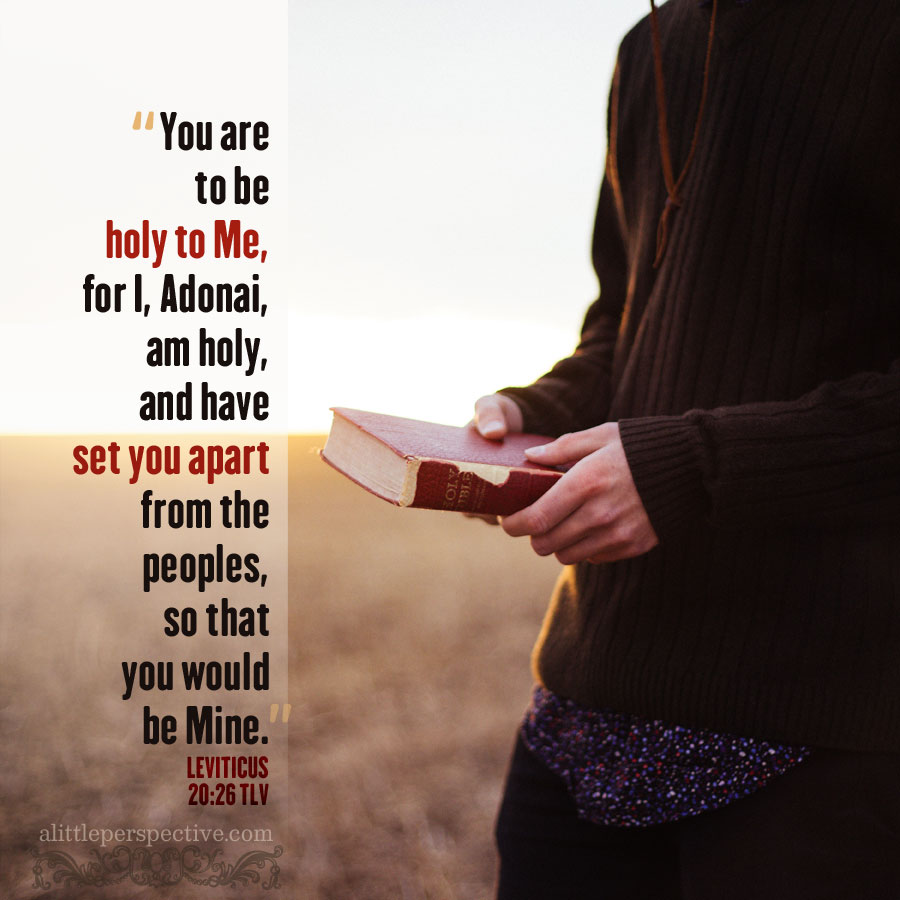Read Leviticus 20 and 21 at Bible Gateway.
The Hebrew paragraph divisions for today’s chapters are:
Lev 20:1-27 {p} Consequences for violations of the LORD’s holy statutes
Lev 21:1-15 {s} The priests shall not defile themselves for the dead or with a defiled woman
Lev 21:16-24 {p} No man of the house of Aaron with a defect shall offer the bread of God
Catching up on the strong themes of Leviticus:
Lev 11:1-47 {s+s+p} The law of clean and unclean animals
Lev 12:1-8 {p} Purification from uncleanness in childbirth
Lev 13:1-17 {p+p} Distinguishing uncleanness + cleanness in leprosy
Lev13:18-28 {s+p} Distinguishing leprosy in scars of boils or burns
Lev 13:29-59 {sx3+p} Distinguishing leprosy of the head or of a garment
Lev 14:1-32 {s+p} The law of cleansing for leprosy
Lev 14:33-57 {p} The law of leprosy in a house
Lev 15:1-18 {s+p} The law for bodily discharges of men
Lev 15:19-33 {s+p} The law for bodily discharges of women
Lev 16:1-34 {p} The law of the Day of Atonement
Lev 17:1-16 {p} The law of the slain animal
Lev 18:1-30 {sx12+p} Forbidden relations of Egypt and Canaan
Lev 19:1-22 {p} Be holy for the LORD your God is holy + statues for holiness
Lev 19:23-37 {s+p} Statutes so that the land does not become defiled
Lev 20:1-27 {p} Consequences for violations of the LORD’s holy statutes just expressed
Lev 21:1-24 {s+p} The law of separation for the priests who offer the bread of God
In yesterday’s reading, we saw that certain relations were forbidden in Israel, and in today’s reading, the consequences for participating in those relations is given. Moreover, in chapter 21, we find that the family of priests not only must abstain from the same relations that all Israel must abstain from, but the LORD imposes a higher standard of purity upon them for those whom they take to wife. And even more, the descendants of the priests who bear any physical defect, cannot serve in offering sacrifices or bread.
Is God prejudiced against divorced people? The handicapped? That is not what is going on here. All of these laws from the past few readings have to do with maintaining the purity of the seed, the biological descendants of Israel. Why? Because, Messiah who is to come, is the Seed of the woman, the Promised Seed. He will be born of a woman of Israel (Gen 3:15). God is keeping the gene pool as free of inherited mutations as possible, because Messiah is to be a male without spot or blemish.
Notice in how many ways, since we started reading Leviticus, that Messiah is pictured without spot or blemish: He is the Promised Seed without spot or blemish, in chapters 18-20. He is the acceptable Sacrifice without spot or blemish, in chapters 1-7. He is the High Priest of our confession, without spot or blemish, in chapter 21. In many diverse and multiple ways, Torah is prophesying of the spotless Messiah who is coming to take away the spots and blemishes — the sins — of the world.

















Leave a Reply